Low-Carb Vegetables Packed With Vital Nutrients – In today’s health-conscious society, the emphasis on nutrition has led many individuals to explore low-carb dietary options for optimal well-being. Low-carb vegetables, with their abundance of vital nutrients, offer a compelling solution for those seeking a nutrient-dense and satisfying approach to eating. As staples in various culinary traditions, these vegetables not only contribute to weight management but also provide essential vitamins, minerals, and antioxidants crucial for overall health. This introduction aims to shed light on the nutritional richness of low-carb vegetables, highlighting their significance in promoting digestive health, supporting weight loss goals, and contributing to a preventative approach against diseases. Join us in this exploration of low-carb vegetables, discovering the diverse array of options and innovative ways to incorporate them into a wholesome, nutrient-packed diet.
Low-Carb Vegetables Packed With Vital Nutrients
Spinach
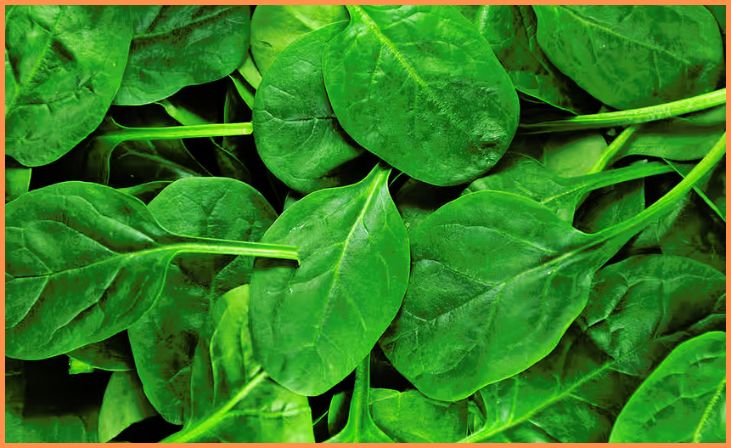
Spinach is a low-carb leafy green with just 1.4g of carbs per 100g. Beyond its minimal carb content, it’s a nutrient powerhouse, boasting high levels of iron, vitamins A, and K, along with folate. This dark, leafy green is particularly beneficial for maintaining healthy skin, vision, and blood clotting. Incorporate spinach into salads, smoothies, or sautés for a versatile and delicious addition to your low-carb meals. Its nutrient density makes it a smart choice for those aiming to reduce carbohydrate intake while ensuring a rich supply of essential vitamins and minerals.
Also, Read – 8 ingredients that will make your grilled cheese even better
Broccoli
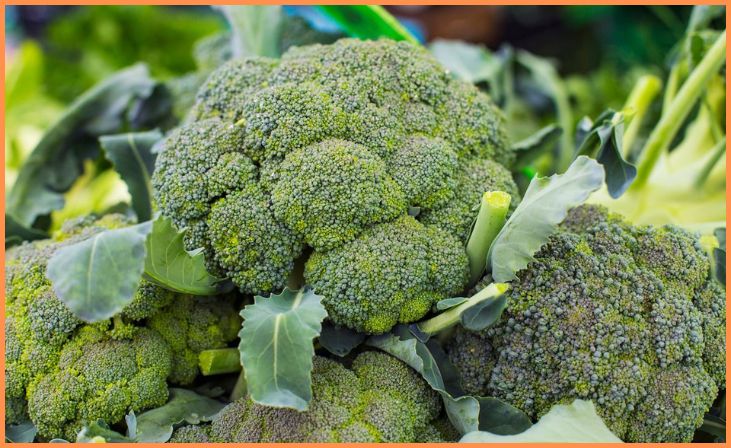
Broccoli, at just 6g of carbs per 100g, is a low-carb cruciferous vegetable packed with essential nutrients. This versatile veggie is a stellar source of vitamin C, fiber, and antioxidants. Its nutritional profile supports a healthy immune system, aids digestion, and provides protection against oxidative stress. Incorporate broccoli into stir-fries, salads, or enjoy it steamed for a simple side dish. The combination of low carbohydrate content and high nutritional value makes broccoli a valuable addition to a low-carb diet, promoting overall health and well-being.
Cauliflower
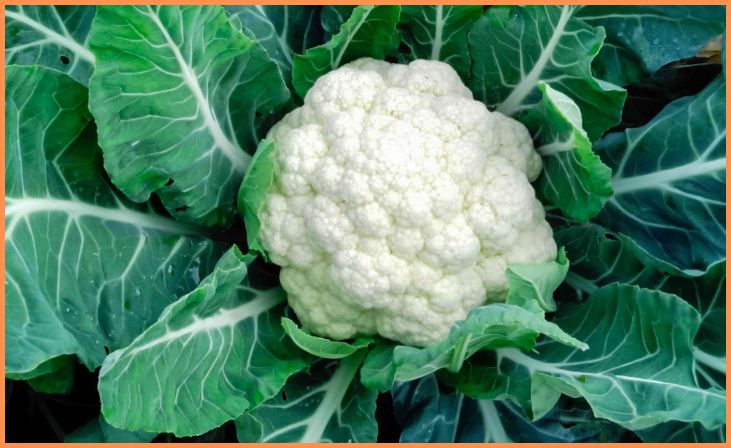
Cauliflower, with only 5g of carbs per 100g, is a low-carb vegetable loaded with nutrients. This cruciferous gem is rich in vitamin C, vitamin K, and choline, supporting immune function, bone health, and cognitive well-being. Its versatility shines as a low-carb substitute for rice or mashed potatoes. Roast it for a crunchy snack or blend it into a creamy soup. With its mild flavor, cauliflower adapts well to various dishes, making it an excellent choice for those following a low-carb lifestyle. Beyond its carbohydrate benefits, cauliflower contributes essential vitamins and minerals, making it a nutritious and delicious addition to your meals.
Zucchini
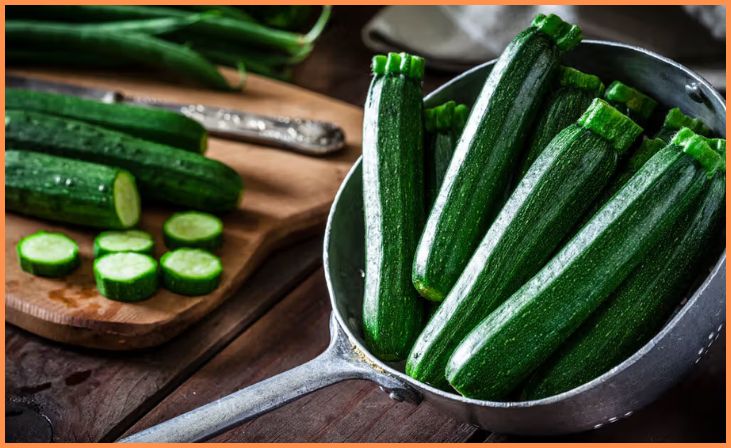
Zucchini, containing only 3g of carbs per 100g, is a low-carb vegetable that offers a spectrum of nutrients. This summer squash is a good source of vitamin C, potassium, and antioxidants. With its mild flavor and versatile texture, zucchini can be spiralized into noodles, grilled, or added to salads. Its low carbohydrate content makes it an excellent choice for those aiming to reduce carb intake while still enjoying a nutrient-packed vegetable. Zucchini not only contributes to hydration due to its high water content but also provides essential vitamins and minerals that support overall health, making it a delicious and nutritious addition to low-carb diets.
Asparagus
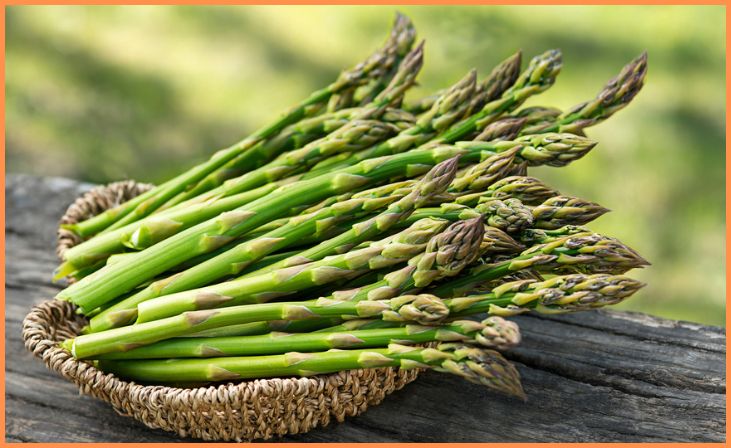
Asparagus, with just 3.7g of carbs per 100g, is a low-carb vegetable that brings a wealth of nutrients to the table. Packed with folate, vitamin K, and fiber, asparagus supports various aspects of health. This spear-shaped veggie is not only delicious but also versatile, whether grilled, roasted, or steamed. Folate promotes cell division and DNA synthesis, while vitamin K contributes to bone health and blood clotting. Asparagus is an excellent choice for those seeking a low-carb option, providing essential vitamins and minerals that contribute to overall well-being. Its distinctive taste and nutrient profile make it a delightful addition to a variety of low-carb dishes.
Also, Read – 9 Tasty and Nutritious Snacks That Keep You Feeling Satisfied
Bell Peppers
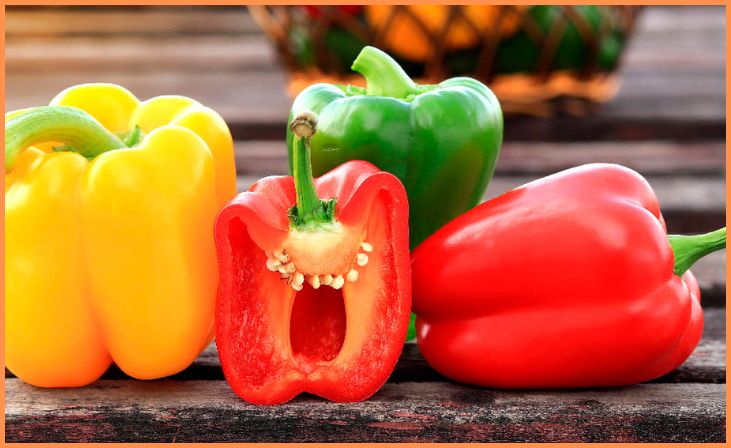
Bell peppers, with 6g of carbs per 100g, are colorful and nutritious low-carb vegetables. Rich in vitamin C, A, and potassium, these vibrant peppers contribute to immune health, vision, and electrolyte balance. Their crunchy texture and sweet flavor make them a versatile addition to salads, stir-fries, or enjoyed raw with dips. The moderate carbohydrate content, coupled with a high nutritional value, positions bell peppers as a smart choice for those watching their carb intake. Incorporating these peppers into your meals not only adds a burst of color and flavor but also provides essential vitamins that support overall well-being on a low-carb diet.
Cabbage
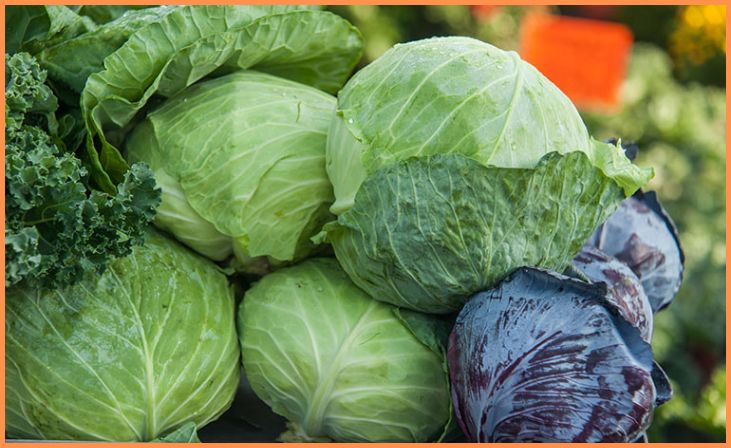
Cabbage, with just 5.8g of carbs per 100g, is a low-carb cruciferous vegetable packed with health benefits. This versatile veggie provides a robust dose of vitamin K, vitamin C, and fiber. Whether enjoyed raw in slaws, sautéed, or fermented for sauerkraut, cabbage offers a crisp texture and subtle flavor. Its low carbohydrate content makes it an ideal choice for those seeking to manage carb intake while benefiting from essential nutrients. Beyond its nutritional value, cabbage contains phytonutrients with potential anti-inflammatory properties. Including cabbage in your low-carb repertoire not only adds variety to your meals but also supports digestive health and overall well-being.
Avocado
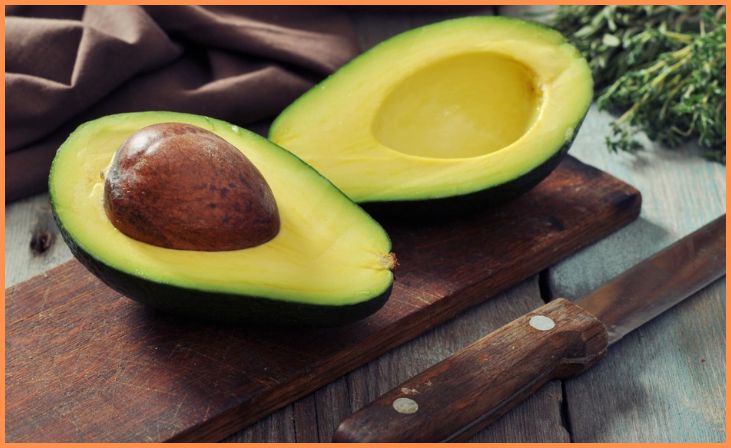
Avocado, with 8.5g of carbs per 100g, is a unique and nutrient-dense fruit celebrated for its healthy fats and rich profile of vitamins and minerals. While slightly higher in carbs, avocados provide monounsaturated fats, fiber, and essential nutrients such as potassium, vitamin K, and folate. These creamy delights support heart health, skin vitality, and fetal development. Avocados’ versatility shines in salads, spreads, or as a standalone snack. Though not strictly low-carb, their nutrient density makes them a valuable addition to a balanced diet, offering a satisfying and nourishing option for those mindful of both carbohydrate intake and overall health.
Conclusion
In conclusion, the inclusion of low-carb vegetables in one’s diet is a simple yet powerful strategy for enhancing health. Packed with essential nutrients and versatile in culinary applications, these vegetables offer a pathway to improved digestion, weight management, and overall well-being. By embracing the diverse array of nutrient-rich options and incorporating them into daily meals, individuals can foster a sustainable and enjoyable approach to a healthier lifestyle. Make the most of these vibrant, low-carb treasures, and reap the benefits of a nutrient-packed, flavorful diet that supports long-term health.
FAQs
Low-carb vegetables are those with a minimal carbohydrate content per serving. These nutrient-packed options include leafy greens, cruciferous vegetables, and non-starchy varieties.
Low-carb vegetables are rich in essential nutrients like fiber, vitamins, minerals, and antioxidants. They contribute to digestive health, weight management, and disease prevention.







